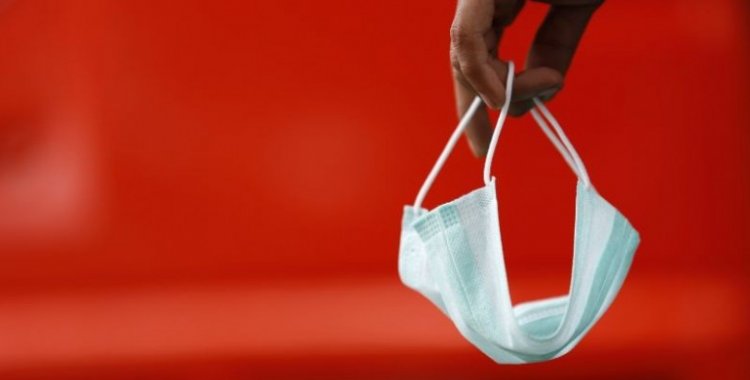The new cases occurred in Luanda (28), Cabinda (23), Benguela (18), Zaire (3), Bié (2), Moxico (1), Kwanza Sul (1) and Huambo (1), said the Secretary of State for Public Health, Franco Mufinda.
The same officer said that these are 52 male and 25 female people between the ages of 1 and 76.
The two deaths, registered in Luanda and Huambo, are of two Angolans aged 45 and 76.
The country has since the beginning of the pandemic 19,476 cases, of which 1688 are active, including three in critical condition and five severe, 17,327 have recovered and 461 deaths.
In the last 24 hours, 826 samples were analyzed out of a total of 351,648, with a positivity rate of 5.5 percent.
Since the 16th, 7248 passengers were tested at the 4th of February Airport, 17 of them with positive results, aged between 5 and 91 years, coming from South Africa (1), Germany (2), Brazil (2), Dubai (4), France (1) and Portugal (7) of several nationalities: eight Angolans, three Brazilians, two Nigerians, one French, one South African, one British and one Israeli.
Angola suspended direct flights with Portugal, Brazil and South Africa on Sunday, but other companies such as Air France, Emirates or Lufthansa continue to operate.
The country requires a RT-PCR test with a negative result performed up to 72 hours before boarding to all travelers and requires, since January 16, a post-departure test (antigen).
The covid-19 pandemic has caused at least 2,129,368 deaths resulting from more than 99.1 million cases of infection worldwide, according to a balance sheet made by the French agency AFP.
The disease is transmitted by a new coronavirus detected at the end of December 2019 in Wuhan, a city in central China.







